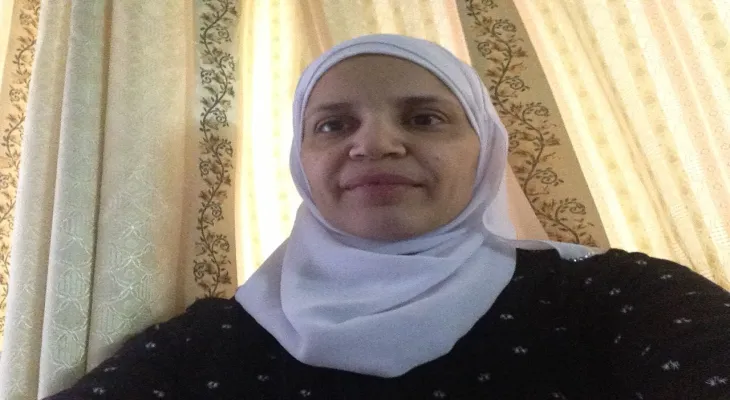Search here
Newspaper
Search here

Arab Canada News
News

Published: May 6, 2025
The goal of this article is to focus on the Arab generation present in non-Arab countries, specifically in communities that do not speak Arabic and do not practice Islam. Most of them, if not all, suffer from the inability to master their mother tongue, Arabic, whether in writing, reading, or conversation. The first step fundamentally relies on the home; it is the responsibility of parents who are proficient in Arabic to follow up on their children who have assimilated into Western life and start teaching them how to read in Arabic. Their language has faced distortion or total forgetfulness. If those parents dedicated an hour or even half an hour of their time to read a useful book for their children, or even narrate a story in Arabic to them before bedtime or during their vacation time regularly, they would see amazing results in their children’s ability to regain their language and start speaking it and spelling its letters. It might take time, so parents must be patient and not feel bored. But with patience and perseverance, it will have a significant impact and they will reap the fruits later on.
The second step lies in looking for Arabic-speaking television channels. Half an hour to an hour daily is sufficient to provide the child with the necessary dosage of learning their original Arabic language; it is a type of auditory training to listen attentively to how Arabic letters are pronounced correctly. Here one might argue, what if the parents also do not speak Arabic and have had their Arabic affected to the point that they no longer master it properly? We say here that there is not much difference and it does not change following the same steps for dual benefit, except for the step of reading stories to children before sleep, which can be replaced by listening to Arabic stories from the internet, or seeking help from an Arabic language teacher either at community centers where the parents reside or via social media, where experienced and skilled Arab teachers offer lessons, and they will find plenty of them.
Auditory lessons are crucial for developing an individual’s language skills, such as listening attentively to Arabic-speaking cultural programs. To enhance the learning of reading Arabic, using the radio is a useful option, whether at home, in a vehicle, or via a mobile phone. The radio or mobile phone can be tuned to the frequency that broadcasts Arabic-speaking programs, and there are many radio channels especially from the Arab region. Listening is one of the most important exercises, indeed a fundamental one, that forms a vital cornerstone for developing the Arabic language for non-native speakers, specifically in Arab and Islamic communities living in countries where Arabic is not the mother tongue.
The next step involves reading purposeful Arabic books and stories, and we emphasize the “purposeful” aspect here; our aim is not only to learn reading the Arabic language but also to harmonize it with sound instincts, refine character, and instill values and principles of tolerant Islamic teachings. There is no benefit in learning a language that comes with disregarding ethics, public decency, and manners.
Integrating with the Arab community is a very important step for getting accustomed and adapting to the original Arab customs, traditions, and norms, and learning the Arabic language from its speakers through interaction with them. Even if understanding the conversation takes time, regular communication undoubtedly helps break the barrier of fear or embarrassment in initiating speech. Social communication is a crucial and indispensable component driving the development of a vocabulary bank that the learner can benefit from in the future.
We will also add the step of traveling to the homeland, which greatly helps in learning the Arabic language and speaking it with confidence, combating its forgetfulness. This, in addition to what has been previously mentioned, solidly and fruitfully supports the individual's Arabic language. Of course, it brings many benefits to the learner, primarily preserving inherited Arab customs, traditions, and norms, protecting children from falling prey to foreign concepts that have no connection to Arab communities, which could alienate the Arab individual from their beautiful Arab identity and increase awareness against being dazzled by strange perspectives that may cause our generations to question their present, past, and future.
If we want to summarize the steps for learning to read the Arabic language, we can outline them as follows:
1- Parents' regular commitment to reading useful stories and tales to their children daily, with a recommendation to do so in the evening, preferably at ten o'clock PM.
2- Listening, then listening, then listening to Arabic-speaking television channels, and to radio programs broadcast through the air.
3- A wise selection of the content that the child is to listen to is crucial in connecting the learning of the Arabic language (reading/conversation/writing) with good morals and the merits of good deeds.
4- Effective social communication with the Arab communities.
5- Traveling to the homeland opens wide and new horizons for the upcoming Arab generation, as it builds a bridge towards adherence to its glorious Arab heritage.
Khawla Kamal Al-Kurdi.
Comments